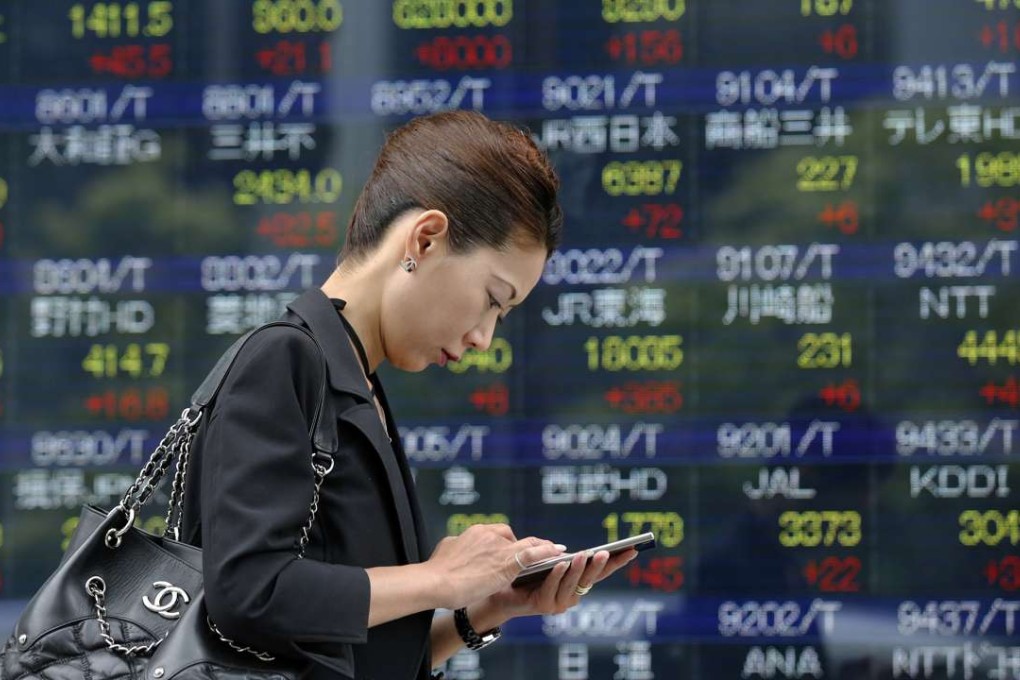Asia won’t be spared the waves from the Brexit vote
Dan Steinbock says whether or not the UK decides to stay in the European Union, the heightened risks will add to Europe’s already considerable economic and geopolitical troubles, affecting the rest of the world

Wherever you go in Britain, you can’t help but hear debates about the EU referendum: to “Brexit” or not, that is the question. According to polls, the battle is too tight to call.
Most projections say a Brexit could cause substantial loss of household wealth over time, falling exports, rising prices and possible recession. But what would it mean to Asia? In light of their exposure to the UK, old colonies remain most vulnerable. Among Asian economies, Hong Kong has, relatively, the biggest trade, investment and financial links with the UK. To a lesser extent, Bangladesh, Singapore and Australia are exposed, too.
As Brexit looms, financial markets won’t be a place for the faint-hearted
China is not so vulnerable to British portfolio flows or bank claims. Moreover, its largest trade partners are the US, Japan and South Korea, not the UK. Nevertheless, since China is reliant on Hong Kong as a financial intermediary, the mainland is exposed to Brexit. And the past years have witnessed increasing economic cooperation between China and the UK, as evidenced by London’s decision to participate in the Asian Infrastructure Investment Bank and support the renminbi as an international reserve currency. A Brexit could endanger some of these achievements.

Brexit could dull London’s sheen as offshore yuan centre
If the Remain camp wins, Europe may shift closer to a truly integrated union. In that case, a relief rally would drive the markets. The pound would appreciate against Asian currencies, emerging Asia’s stocks and bonds would benefit, while reduced uncertainty would support commodities.
If Europe boils over, the implications will not just be regional
If the Leave campaign triumphs, it could spark a chain reaction of further EU fragmentation. The UK would face prolonged stagnation. Markets would be in turmoil. The pound would depreciate against the renminbi and other major Asian currencies. Emerging market equities and bonds would be shaken.
